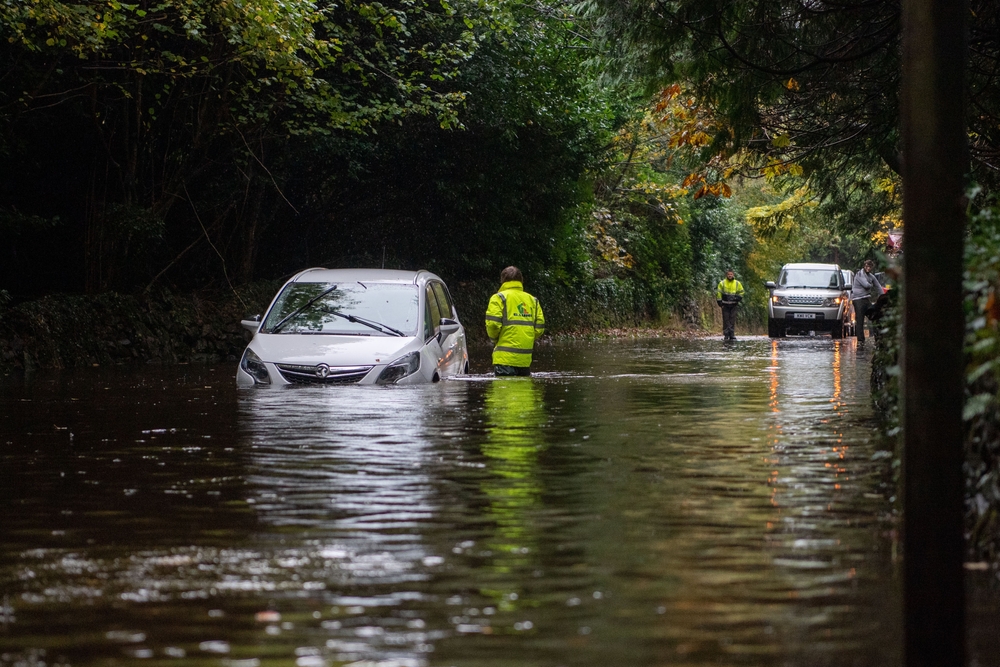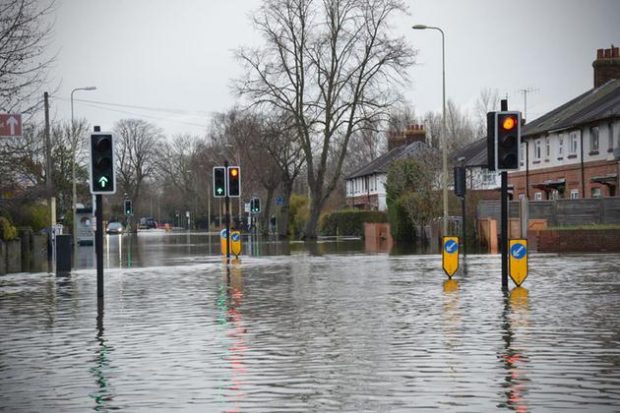Health in a changing climate
On the roof of a UK Health Security Agency (UKHSA) lab, at Chilton’s Harwell Science Campus in Oxfordshire, a new chapter in artificial intelligence (AI) and pollen monitoring is unfolding. In this blog post we’ll explore how our team of Toxicologists are working to better understand and monitor what we’re breathing in and how this …
This week’s higher temperatures have triggered a yellow Heat-Health Alert, issued for England by the Met Office and UKHSA. While some may question the necessity of such warnings, it's crucial to understand the significant health implications that accompany changes in temperature. In this blog we look at the importance of taking action to protect the …
Hay fever is already common during the spring and summer months, but our changing climate could see some symptoms starting earlier in the year for allergy sufferers across the UK. Recent studies suggest that some types of pollen and other …
The Health Effects of Climate Change report summarises the latest science on health threats from climate change in the UK. Since the last report in 2012, both the evidence and the risks have greatly escalated. Read 11 key takeaways in our latest post.
Climate change is a growing threat, and our homes contribute significantly to the problem through energy use and emissions. However, as we make our homes more energy-efficient, we need to ensure they remain healthy environments. On average in the UK, …
Adverse weather matters for our health. There is a strong evidence base showing us that periods of very hot or cold weather or flooding present a wide range of direct and indirect health risks.
This week the Climate Change Act is ten years old. While the public health impacts from a changing climate in the UK may not feel quite so immediate as elsewhere in the world, there is still much to be done if we’re to minimise the damage.
The challenges the planet faces through climate change have been clearly articulated – and the challenges we all face in our roles as supporters, workers and leaders in the health sector in England are also well known.
We’ve known for some time that good quality natural landscape in urban areas can affect how people feel. It reduces stress and sadness, lifts the mood and makes us feel better. The benefits of these green and blues space, and …
The warnings about climate change and the dangers that it poses to our environment and public health have been known about for decades. Of late, the pertinent question has shifted from 'are we doing anything?' to 'are we doing enough?' At a …










